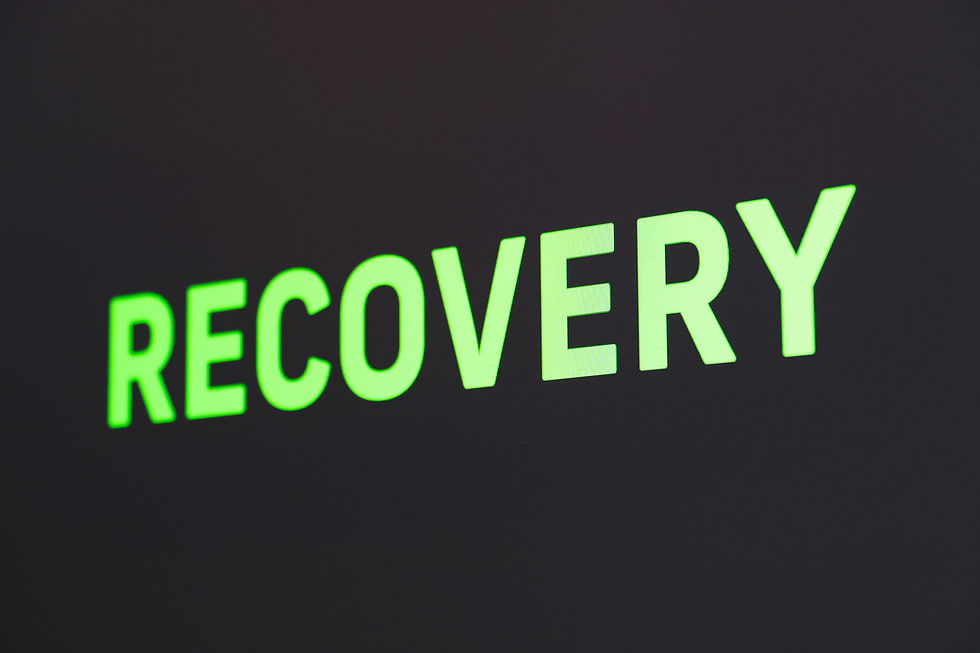Addiction is a complex and challenging condition that affects millions of people worldwide. Traditional treatment options often involve pharmaceutical medications that can be highly addictive themselves, leading to a never-ending cycle of dependency. However, recent studies have shown that cannabis may offer a new approach to addiction recovery, providing a natural and less addictive alternative to conventional treatments.
Cannabis has been used for centuries to help manage a variety of conditions, including pain, anxiety, and depression. More recently, researchers have begun exploring the plant's potential for treating addiction. Studies have shown that cannabis can help reduce drug cravings and withdrawal symptoms, making it a promising tool for addiction recovery.

One of the key components of cannabis that has shown promise in addiction treatment is cannabidiol (CBD). Unlike its psychoactive counterpart tetrahydrocannabinol (THC), CBD does not produce a "high" and has been found to have a variety of therapeutic benefits. In particular, CBD has been shown to reduce anxiety, which is a common trigger for addiction relapse.
CBD has also been found to affect the brain's reward system, which plays a crucial role in addiction. Studies have shown that CBD can reduce the rewarding effects of drugs like cocaine and opioids, making it easier for individuals to resist the temptation to use.
In addition to CBD, THC has also shown potential for addiction treatment. While THC is known for its psychoactive effects, it has been found to have therapeutic benefits as well. In particular, THC has been found to reduce symptoms of withdrawal from drugs like heroin and cocaine, making it easier for individuals to detox.

One of the key benefits of using cannabis for addiction treatment is its low risk of addiction itself. Unlike pharmaceutical medications like methadone, which can be highly addictive, cannabis is not known to produce physical dependence. This means that individuals can use cannabis as a tool for addiction recovery without worrying about becoming dependent on it.
Addiction is a complex and challenging condition that affects millions of people worldwide. While traditional treatment options can be effective, they often come with a high risk of addiction themselves. Cannabis offers a new approach to addiction recovery, providing a natural and less addictive alternative to conventional treatments. With ongoing research, we may be able to unlock the full potential of cannabis in addiction treatment, helping individuals achieve lasting recovery and a better quality of life.
